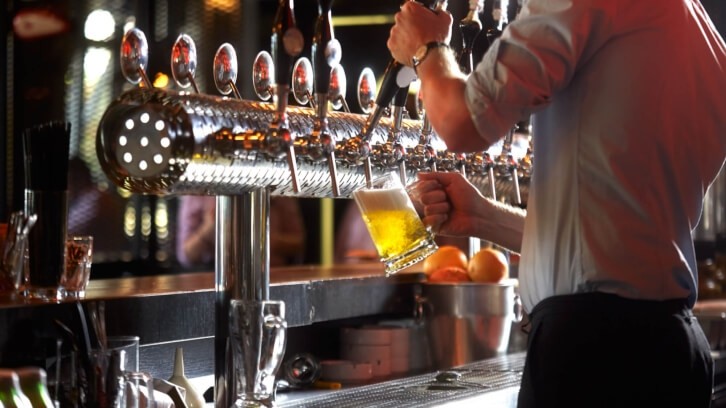LICENSING HUB - LEGAL WITH POPPLESTON ALLEN
Licensing – Over regulation?

I have raised before the apparent contradiction between the positives of selling alcohol, food and providing entertainment (heritage, community, mental wellbeing and employment generation etc) and the negatives (over intoxication, potential disorder, violence and noise disturbance).
The problem is that licences are not personal to the licence holder and can be transferred and so the café selling the odd glass of wine can be transferred (in theory) to the vertical drinking 18 to 25 lager fest. In practice this hardly ever happens for a number of reasons including size of the premises, lease and planning restrictions, the need to vary the internal layout by way of consultation, unsuitable location and lack of soundproofing.
Licence conditions
However it does not stop the responsible authorities (usually EHO, police and sometimes licensing) requesting lots of conditions on licences covering all sorts of areas and effectively placing a straitjacket preventing any relaxation of the chosen business model.
By way of example, I have a client which operates a very successful bakery/café concept which had a number of licensed sites selling only occasional drinks and which were so discreet that it was not obvious that alcohol was available for sale.
This company took the decision to surrender all of its licences (disappointingly so!) and in this way to save paying the annual fees.
Discernible difference
I then considered any impact that would have on the business bearing in mind on average sales of alcohol were at best less than 5% of overall sales.
It would mean that all conditions which were on the licences would fall away immediately and these included the requirement to have CCTV coverage, minimum toilet provision in certain local authority areas over and above the British Standard, delivery and rubbish collection times, minimum seating numbers and conditions relating generally to noise disturbance and use of outside areas.
There would be no discernible difference at all between the bakery/café operating with the ability to sell alcohol or without and yet there was a massive difference in the amount of regulation which the business faced.
It does seem crazy that the sale of a few limited alcoholic drinks brings with it such restriction when it is not the core business – the result of both the fear of the supposed ‘transfer’ to a different style and the cultural inclination still prevalent at many councils (despite challenges which the hospitality industry faces), to impose as many conditions as possible.
One possible alternative may be to apply in some way for a type of limited licence so that cafes and others eg book shops, hairdressers etc may avoid this level of restriction.
- James Anderson is a partner at Poppleston Allen.







